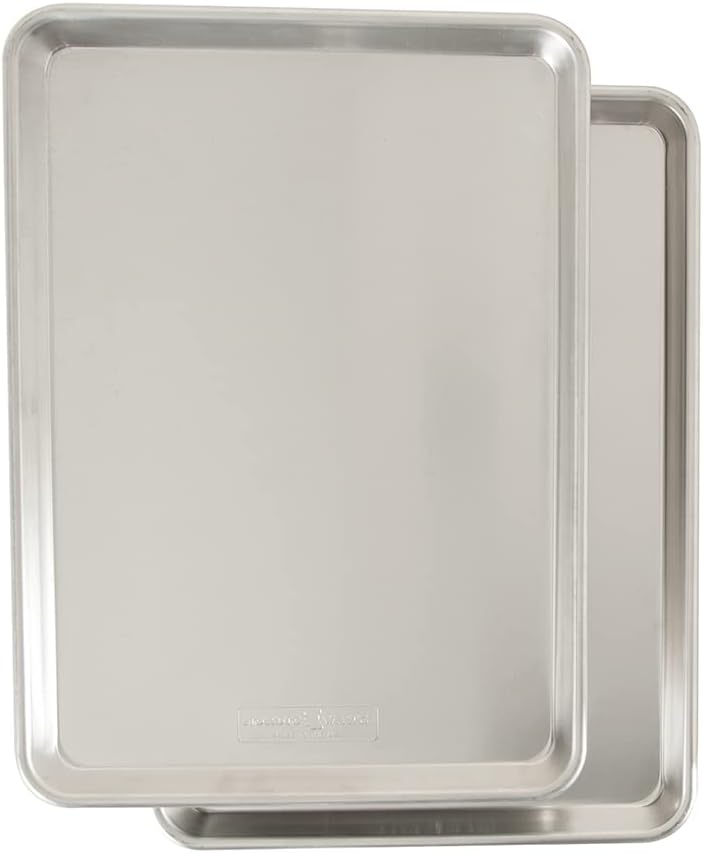When you use these links, we may earn a small commission at no extra cost to you—thanks for helping us keep things going!

Crispy Roasted Chickpeas
- Total Time: 27 minutes
- Yield: 3 Servings 1x
- Diet: Gluten Free
Description
Crispy roasted chickpeas are a crunchy, protein-packed snack that’s perfect for munching or adding to salads and bowls. Packed with fiber and flavor, they’re roasted to golden perfection for a nutritious bite in every handful!
Ingredients
Scale
- 1 can, 15 oz, Chickpeas
- 1 tbsp Olive Oil
- 3/4 tsp Kosher Salt
Instructions
- Preheat your oven to 400° F. Get a large sheet tray out and set aside.
- Drain and rinse your chickpeas. Then place them onto a clean kitchen towel or paper towels and pat them dry.
- Transfer the chickpeas to your baking sheet tray. Drizzle the olive oil over top and sprinkle with salt.
- Using your hands, or a spatula, mix the chickpeas, olive oil and salt so they chickpeas are nicely coated.
- Pop the sheet tray into the oven and roast for 25 minutes until crispy, stirring halfway.
Equipment
 Buy Now →
Buy Now → Notes
- This snack is infinitely adaptable! Add your favorite spices and seasonings to jazz them up.
Nutrition
- Serving Size: 1
- Calories: 127
- Sugar: 0g
- Sodium: 615mg
- Fat: 3g
- Carbohydrates: 19g
- Fiber: 6g
- Protein: 7g
- Cholesterol: 0mg


Your last video prompted me to look at your recipes. I checked out the pickled onions and a few others. I am curious. I see kosher salt in recipes. I use sea salt usually, is there a difference in cooking?
I guess I could ask the cooking channels I follow, but I thought of it now.
Hi Jim, great question! It really depends on the sea salt you are using. Here are the main differences between kosher salt and sea salt in cooking:
•Texture: Kosher salt has larger, coarser flakes, making it easy to pinch and control when seasoning. Sea salt can vary in texture, from fine to coarse. (I love coarse sea salt for finishing dishes.)
•Flavor: Sea salt is derived from evaporated seawater and often contains trace minerals that can add subtle flavors, while kosher salt has more of a clean, straightforward saltiness.
•Measurement: Because kosher salt has larger flakes, it takes up more space by volume. If a recipe calls for kosher salt and you’re using sea salt, you may need to adjust the amount—finer sea salt can be saltier per teaspoon.
•Usage: Both can be used interchangeably, but it’s good to be mindful of taste and measurement adjustments, depending on the sea salt you are using.
I’m so glad you checked out my recipes, and I hope you enjoy the pickled onions! Let me know if you try them.